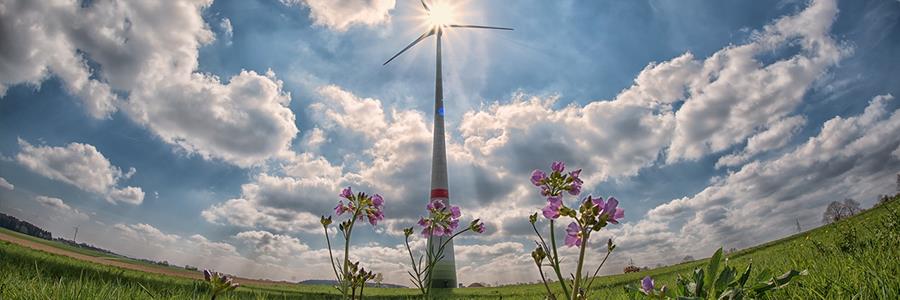The first high-level meeting of the renewables section of the EU Clean Energy Industrial Competitiveness and Innovation Forum took place in Brussels on 9th January at the European Commission.
Opened by Miguel Arias Cañete, European Commissioner for Energy and Climate Action and chaired by Dominique Ristori, Director-General for Energy, it was attended by a group of more than 20 CEOs, industry leaders and renewables associations and international entities (such as the European Investment Bank and the International Renewable Energy Agency).
The Forum is part of the framework established to support the ‘Clean Energy for All Europeans’ package, launched in November 2016, and follows up on President Juncker’s call to include the decarbonisation industry as one of the key sectors for a renewed EU industry strategy.
Discussions focused on the vast growth opportunities arising from the clean energy transition and on ways to improve the industrial underpinning for renewables in the EU. There was wide consensus that, with an advanced, ambitious and stable regulatory framework for the period from 2020-2030 under development, a strong European industrial base in the renewables sector is essential if the EU wants to fully support the clean energy transition and be at the vanguard of these technologies in the world.
Participants expressed pride in Europe’s renewables industry, which covers all the array of renewable energy technologies and includes the full sectoral supply chain, from material developers to technology providers, passing through project developers. EU technologies, know-how and knowledge are used throughout the world but an effort needs to be made to ensure that some sections of the supply chain do not leave the EU and that there is a strong, dynamic and unfragmented EU market for renewables.
Renewable energy markets are opening up globally, and in this context, innovation is, as always, the only way for the EU to remain the global technology leader that it is. To continue to compete internationally with high-quality products and projects, Europe must focus on areas like power electronics, sector coupling and enhanced digitalisation. Worldwide market conditions should remain even-handed, with the rules for tenders fair and transparent, in order to guarantee that the EU industry and its project developers can compete on an equal footing. There was wide support expressed for an increase in R&I investment in the EU, which has the potential to bring about an overall reduction in the price of RES-produced energy.
Finally, participants agreed that a single European common strategy should coalesce around the industry, by stronger coordination amongst EU countries, renewable energy industries, developers of standards and research institutions.
The participants committed themselves to make the Clean Energy Industrial Competitiveness and Innovation Forum a constructive platform that will deliver real results, through a specific taskforce that will identify and develop key indicators along the value chain to monitor competitiveness and present concrete and specific recommendations.
Next steps
Following the High-Level Meeting, a public event with all three sections of the Clean Energy Industrial Competitiveness and Innovation Forum will be organised during the upcoming EU Industry Days on 22-23 February 2018. This will also serve as a spring board to assert EU industrial leadership in low carbon energy technologies to be showcased during the 9th Clean Energy Ministerial and the 3rd Mission Innovation meetings in Malmö and Copenhagen in the week of 22-25 May 2018.
Original source: EC
Published on 11 January 2018

